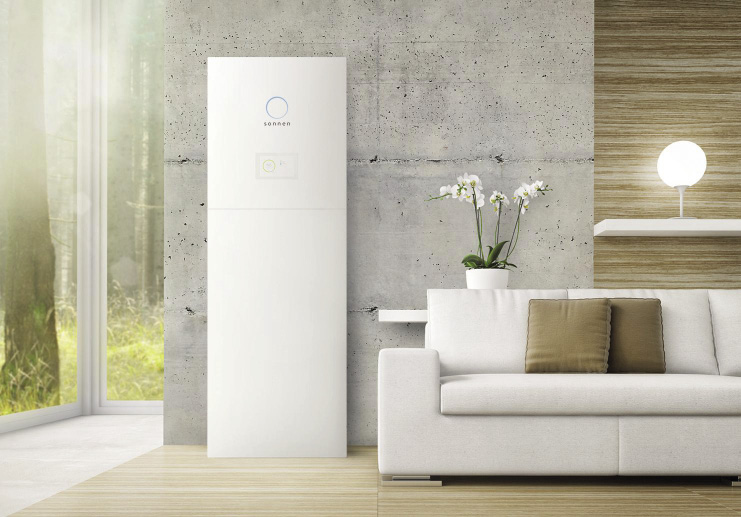By ESS news
While more than 25% of roofs in the Netherlands have solar panels, accounting for the lion’s share of the country’s 20 GW-plus solar fleet, the rollout of residential battery energy storage systems is lagging.
One of the reasons behind this is the country’s net metering system, which rewards the injection of self-generated solar energy into the electricity grid, discouraging prosumers from balancing their generation and consumption. As decided by the Dutch parliament earlier this year, after a year of discussions and negotiations, the arrangement will be maintained until the end of 2026.
Yet, according to Eneco, more and more people are opting for a home battery to store their own solar energy during the day and use it in the evening, creating opportunities to relieve the burden on the electricity grid.
To this end, Eneco, together with local energy storage manufacturer Charged, conducted a trial using power from home batteries under fixed or variable electricity contracts. The trial is expected to contribute to the stability of the electricity grid and provide a financial benefit to the customer.
Until now, only consumers with a dynamic electricity contract could use the battery to relieve pressure on the electricity grid. This trial also makes it possible for consumers with a fixed or variable contract. This also makes it possible for them to reclaim VAT on the purchase price of the battery, which makes the investment more attractive.
To read further, visit our new ESS news website.
This content is copyrighted and may not be reused. If you would like to collaborate with us and reuse some of our content, please contact: editors@pv-magazine.com.
Popular content



